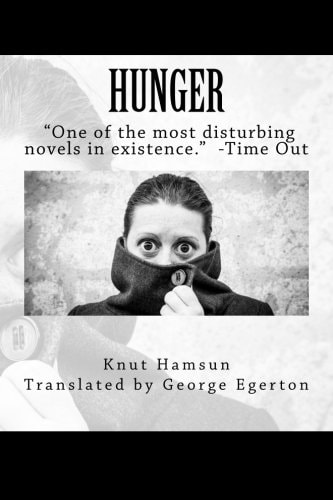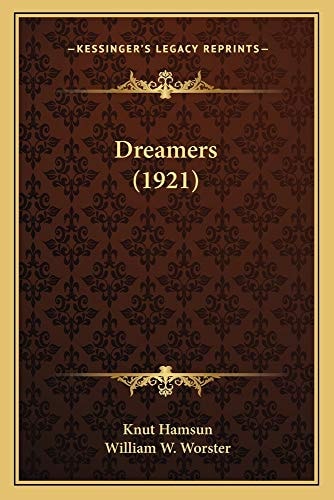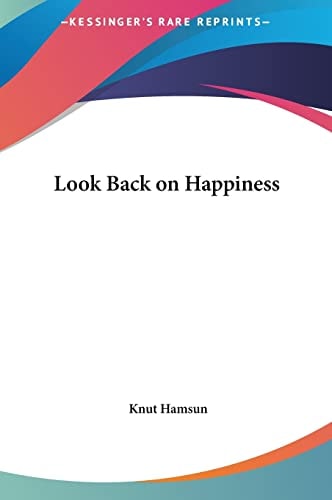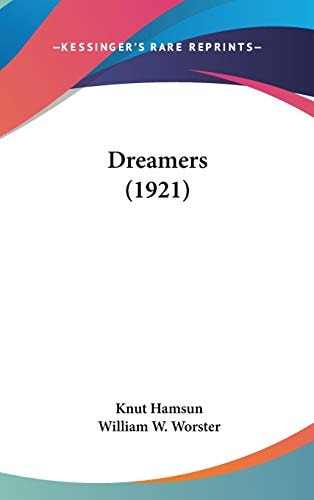
Hunger is the story of a Norwegian artist who wanders the streets, struggling on the edge of starvation. As hunger overtakes him, he slides inexorably into paranoia and despair. The descent into madness is recounted by the unnamed narrator in increasingly urgent and disjointed prose, as he loses his grip on reality.“The whole modern school of fiction in the twentieth century stems from Hamsun. They were all Hansun's disciples: Thomas Mann and Arthur Schnitzler . . . and even such American writers as Fitzgerald and Hemingway.” -Isaac Bashevis Singer"One of the most disturbing novels in existence" -Time Out“After reading Hunger, one can easily understand why Hamsun was awarded the Nobel Prize in Literature. Hunger should appeal to any reader who is interested in a masterpiece by one of this century's great novelists.” -James Goldwasser, Detroit News“Knut Hamsun’s greatest novels – from which this is a typical scene – throttle reason. In Hunger (1890), Mysteries (1892) and Pan (1894), the Norwegian writer founded the kind of Modernist novel which largely ended with Beckett – of crepuscular states, of alienation and leaping surrealism, and of savage fictionality. He took from Dostoevsky the idea that plot is not something that merely happens to a character, but that a really strange character leads plot around like an obedient dog. He took from Strindberg the idea that the soul is not a continuous wave but a storm of interruptions – something ‘patched together’, in Strindberg’s words. In Hamsun, characters provoke apparently pointless encounters which they then disown or annul at whim. They are epistemological brawlers, always challenging meaning to a fight. They invent the scenes through which they move, and thus invent themselves afresh on every page. More than most fictional heroes, the hero in Hamsun writes the novel we read, plots it for us. Yet, like escaped convicts, these heroes erase their tracks as they proceed, and this seems to be hapless rather than willed: they carry no continuous memory of what they have said or done from scene to scene. They seem only to be escaping themselves.” -James Wood, London Review of Books, Vol. 20, November 1998





